As most financial advisors are likely aware, there is a difference between the date when you trade a security and the date the transaction settles.
Currently, the settlement date – the day an order is finalized, and the funds and securities must be delivered – for equities, exchange-traded funds (ETFs), and other security types occurs two business days after the trade date, which is when an order to buy or sell a security is executed. This is commonly known as T+2, but recent amendments from the Securities and Exchange Commission will shorten the cycle to a single day, or T+1.1
Beginning May 28, 2024, most trades of U.S. and Canadian securities traded on U.S. exchanges will settle the following business day. The change is industry-wide and impacts most stocks, bonds, municipal securities, and exchange-traded funds (ETFs). For a complete list of impacted products, access the DTCC Impacted Products list (PDF).
The change is designed to benefit investors and reduce the credit, market, and liquidity risks in securities transactions, according to the SEC. The agency says T+1 will also improve the processing of institutional trades.
“Taken together, these amendments will make our market plumbing more resilient, timely, orderly, and efficient,” says SEC Chair Gary Gensler.
The good news is that advisors don’t have to make any changes in how they trade. TradePMR is prepared for these changes and they will be automatically reflected in our Fusion platform on or after May 28.
At TradePMR, we understand how fundamentally important trading is to your business and that you or your clients may have additional questions about T+1 and what it means for them. Here are answers to some of those. For additional questions, please email hello@tradepmr.com.
Q: What actions do I need to take?
A: Nothing! TradePMR is prepared for the change and it will happen automatically.
Q: Why is this happening?
A: The move to T+1 reflects improvements in technology that allow trades to settle more quickly, according to the Financial Industry Regulatory Authority (FINRA).2 Most trading and banking activity is done online now, so we no longer need extra days to physically deliver securities or funds. The move will reduce latency, lower risk, and promote efficiency and greater liquidity in the markets, says SEC Chair Gary Gensler.
Q: What does this mean for me and my clients?
A: The impact on most financial advisors and their clients should be minimal. The move to T+1 Settlement means clients will have access to the proceeds from a sale transaction within one business day of the trade execution, according to FINRA. For purchase transactions, clients will need to fund the purchase within one business day of the trade execution.
Many brokerage firms currently require investors to have the needed funds in cash before making a purchase, so you may not notice a change. Those who initiate an Automated Clearing House (ACH) payment for purchases the day after a trade is executed may need to make payments a day earlier to ensure it is posted by settlement date. Simply initiating an ACH transaction doesn’t meet payment requirements; the funds must be deposited in your brokerage firm’s account, FINRA says.
The SEC cautions that investors holding a physical, paper securities certificate may need to deliver it their broker-dealer earlier to meet the new shorter settlement cycle. The SEC also states that the new rules require RIAs to make and keep records of the allocations, confirmations, and affirmations for certain securities transactions. 1
Q: How will my clients be notified?
A: Clients are going to receive an insert in their March and June statements.
Q: Any other changes I should know about?
A: In addition to shortening the standard settlement cycle, the SEC says the final rules will improve the processing of institutional trades. According to the agency’s website, the final rules will require a broker-dealer to either enter into written agreements or establish, maintain, and enforce written policies and procedures reasonably designed to ensure the completion of allocations, confirmations, and affirmations as soon as technologically practicable and no later than the end of trade date.
Further, the final rule adds a new requirement to facilitate straight-through processing, which applies to certain types of clearing agencies that provide central matching services. The final rules will require central matching service providers to establish, implement, maintain, and enforce new policies and procedures reasonably designed to facilitate straight-through processing and require them to submit an annual report to the Commission that describes and quantifies progress with respect to straight-through processing.
About TradePMR
For more than two decades, TradePMR has worked with growth-minded independent registered investment advisors (RIAs), providing innovative technology tools and support designed to transform their businesses. The privately-held brokerage and custodian services provider (Member FINRA/SIPC), based in Gainesville, Fla., works to streamline investment advisors' operations through comprehensive custodial, operational, and trading support. For more information, visit www.TradePMR.com.
Follow TradePMR on X, Facebook, and LinkedIn for the latest news, updates, and event information.
1. “SEC Finalizes Rules to Reduce Risks in Clearance and Settlement,” Securities and Exchange Commission, February 15, 2023
2. “Understanding Settlement Cycles: What Does T+1 Mean for You?” Financial Industry Regulatory Authority, January 30, 2024






